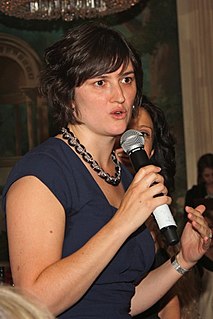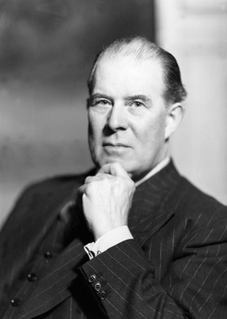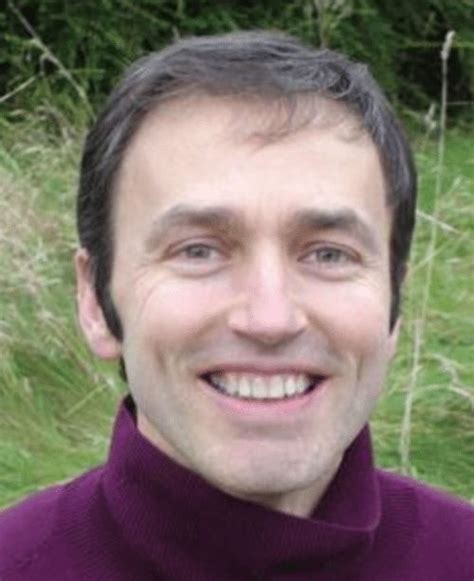A Quote by Sandra Fluke
We've also seen another future we could choose. First of all, we'd have the right to choose. It's an America in which no one can charge us more than men for the exact same health insurance; in which no one can deny us affordable access to the cancer screenings that could save our lives; in which we decide when to start our families.
Related Quotes
We do not choose to be born.We do not--most of us, choose to die, or the times or conditions of our death. But within all this realm of choicelessness, we do choose how we shall live--Courageously or in cowardice, Honorably or dishonorably, With purpose or adrift. We decide what is important and what is trivial. What makes us significant is what we DO, Or REFUSE TO DO. WE DECIDE and WE CHOOSE--and so we give definition to our lives.
The answer to our cry which God gave in Jesus infinitely transcends our expectations, achieving a solidarity which cannot be human alone, but divine. Only the God who is love, and the love which is God, could choose to save us in this way, which is certainly the lengthiest way, yet the way which respects the truth about him and about us: the way of reconciliation, dialogue and cooperation.
All men and women are born, live, suffer and die; what distinguishes us one from another is our dreams, whether they be dreams about worldly or unworldly things, and what we do to make them come about... We do not choose to be born. We do not choose our parents. We do not choose our historical epoch, the country of our birth, or the immediate circumstances of our upbringing. We do not, most of us, choose to die; nor do we choose the time and conditions of our death. But within this realm of choicelessness, we do choose how we live.
The Affordable Care Act is a huge problem. [Repealing the ACA is] going to have huge implications. We have millennials that live in Boston that are on their parents' health insurance. The businesses have hired them and have been able to hire more people because they have been able to be on their own health insurance. We have seniors in our city who have preexisting conditions, or something called a "donut hole," which is a prescription drug [gap] in Medicare. Whatever changes they make could have detrimental effects on people's health care, but also on the economy.
The pace of science forces the pace of technique. Theoretical physics forces atomic energy on us; the successful production of the fission bomb forces upon us the manufacture of the hydrogen bomb. We do not choose our problems, we do not choose our products; we are pushed, we are forced -- by what? By a system which has no purpose and goal transcending it, and which makes man its appendix.
I compare the troubles which we have to undergo in the course of the year to a great bundle of sticks, far too large for us to lift. But God does not require us to carry the whole at once. He mercifully unties the bundle, and gives us first one stick, which we are to carry today, and then another, which we are to carry tomorrow, and so on. This we might easily manage, if we would only take the burden appointed for us each day; but we choose to increase our troubles by carrying yesterday's stick over again today, and adding tomorrow's burden to our load, before we are required to bear it.
There are some places which, seen for the first time, yet seem to strike a chord of recollection. "I have been here before," we think to ourselves, "and this is one of my true homes." It is no mystery for those philosophers who hold that all which we shall see, with all which we have seen and are seeing, exists already in an eternal now; that all those places are home to us which in the pattern of our life are twisting, in past, present and future, tendrils of remembrance round our heart-strings.
In a world in which we are exposed to more information, more options, more philosophies, more perspectives than ever before, in which we must choose the values by which we will live (rather than unquestioningly follow some tradition for no better reason than that our own parents did), we need to be willing to stand on our own judgment and trust our own intelligence-to look at the world through our own eyes-to chart our course and think through how to achieve the future we want, to commit ourselves to continuous questioning and learning-to be, in a word, self-responsible.
Theologians talk about a prevenient grace that precedes grace itself and allows us to accept it. I think there must also be a prevenient courage that allows us to be brave - that is, to acknowledge that there is more beauty than our eyes can bear, that precious things have been put into our hands and to do nothing to honor them is to do great harm. And therefore, this courage allows us, as the old men said, to make ourselves useful. It allows us to be generous, which is another way of saying exactly the same thing.



































